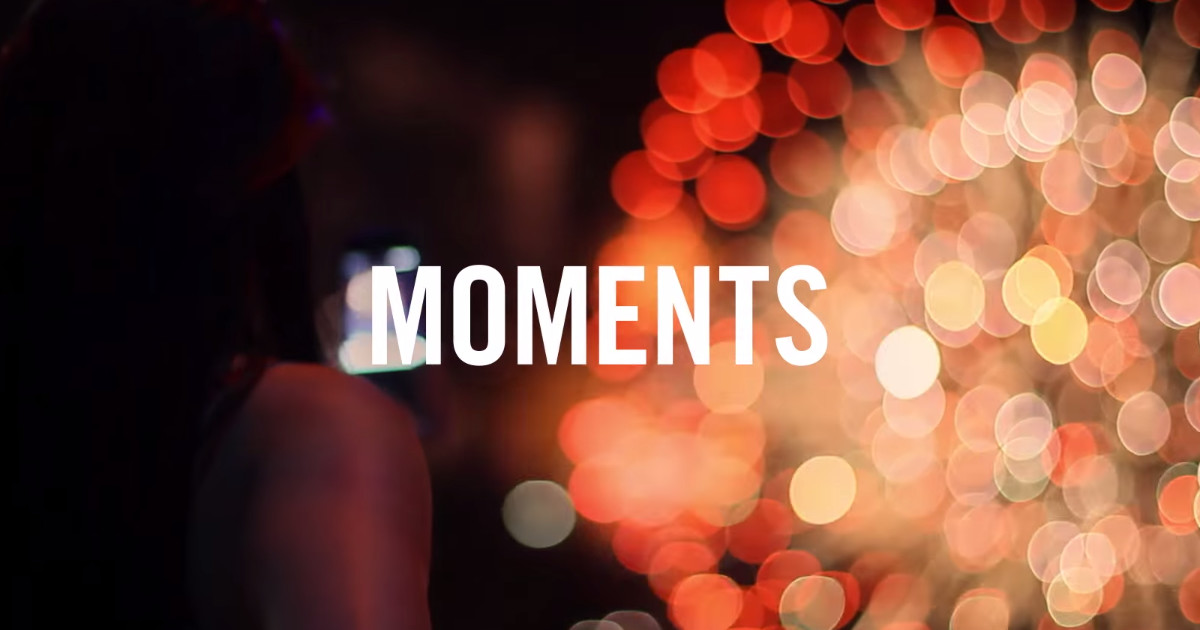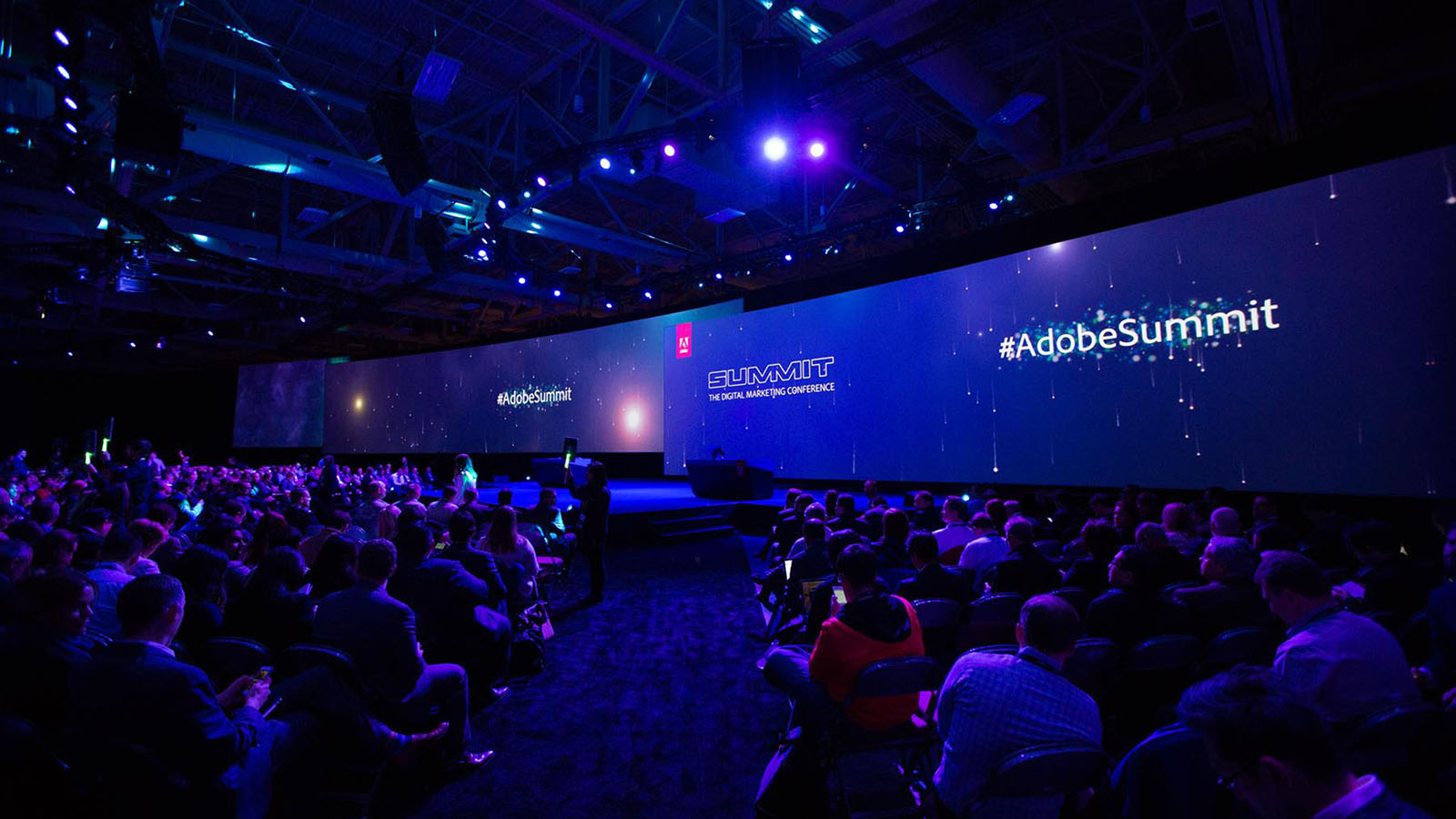With each election comes the inevitable articles from agencies throughout the advertising industry about “why we don’t do political” that inevitably come down to something about the stressful pace and lack of process around political campaigns. That and the budgets. But other than budgets, working in politics does take a different pace and different mentality than any other industry. Even the Obama campaign’s CTO, Harper Reed, who has worked in startups his whole career, said the pace of the campaign was unlike anything he has ever seen.
Yet here we are on the cusp of an advertising revolution — “Real-Time Marketing.”
Real-time marketing is the latest digital trend de jour. The Super Bowl was a defining moment for the new operational catchphrase (it’s hard to decide if it’s a strategy, a tactic, or neither). But apparently Madison Avenue is about to meltdown over it because:
“…adopting this ‘always-on’ mentality requires changes. Perhaps the biggest one is leaving behind the campaign-cycle mentality they’ve been fundamentally structured and built around, and adapting their own internal cultures and processes to cope. It also means hiring different people than those usually found in the agency environment.
“‘It’s a complete operational blow-up,’ said Deep Focus CEO Ian Schafer, whose agency recently launched a newsroom-style content unit it calls the Moment Studio. ‘Typical agency models don’t support this; they’re not built for always-on communication, so the only way to do it effectively is to build a new model. It’s a company within a company, essentially.'”
A new model? Really? Not in our world.
Politically-focused agencies have been doing this since the first campaign websites. Email campaigns created, drafted, designed, proofed, and sent same-day is normal operating procedure for a political digital operative. Entire websites, Facebook pages, Twitter trends, ad campaigns, and viral videos are crafted within hours at a digital shop working on politics.
Success in this real-time world does take a different process. Approvals have to be faster, content has to be produced quickly, budgets have to be built to have people on-call ready to jump in at a moment’s notice. Production schedules have to be scalable — and short.
Digiday points to a couple of agencies — Digitas and Deep Focus — who are setting up newsroom-style real-time teams. One of the biggest barriers to effectively executing a real-time strategy is getting the team in place to do it:
“Deep Focus has taken a similar approach with its Moment Studio staffers. Many come from publishing or production backgrounds, as opposed to marketing ones, and Schafer said he can envisage hiring journalists and comedy writers down the line. ‘We couldn’t apply the talent we already had on staff to this; it’s a mix that agencies just haven’t typically been hiring.'”
Is it stressful? Absolutely. But it’s the way the political world turns, and apparently commercial ad agencies are about to get initiated.
To our brethren in the commercial advertising world: Welcome to the foxhole.



